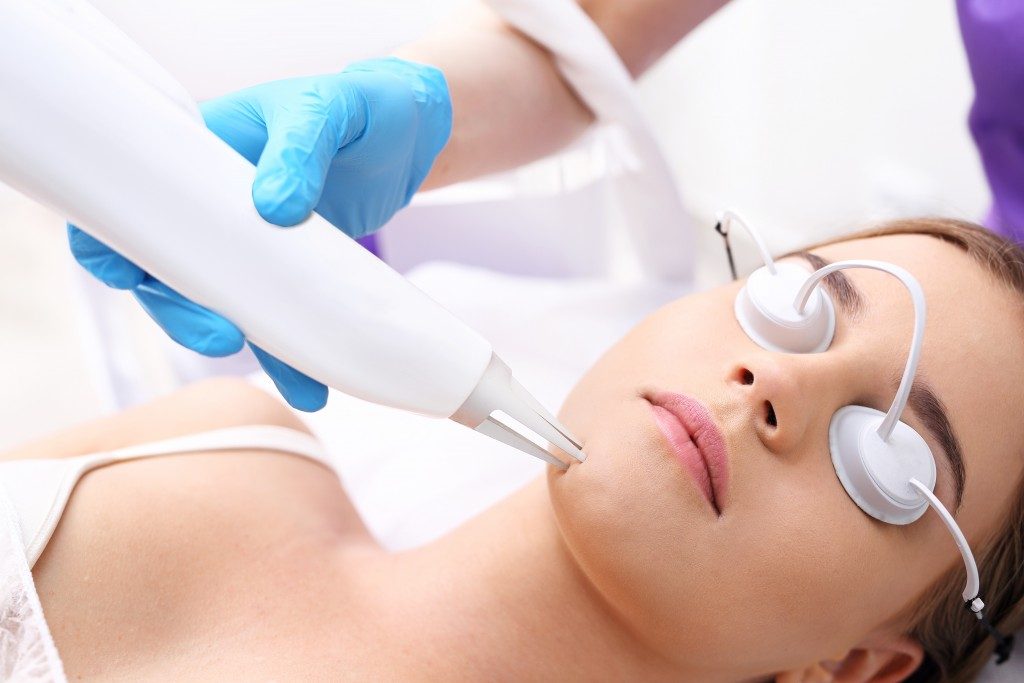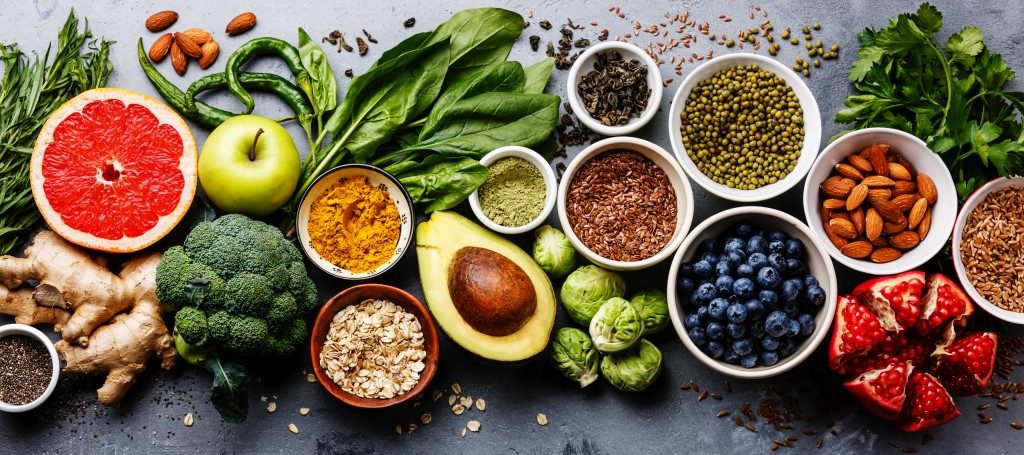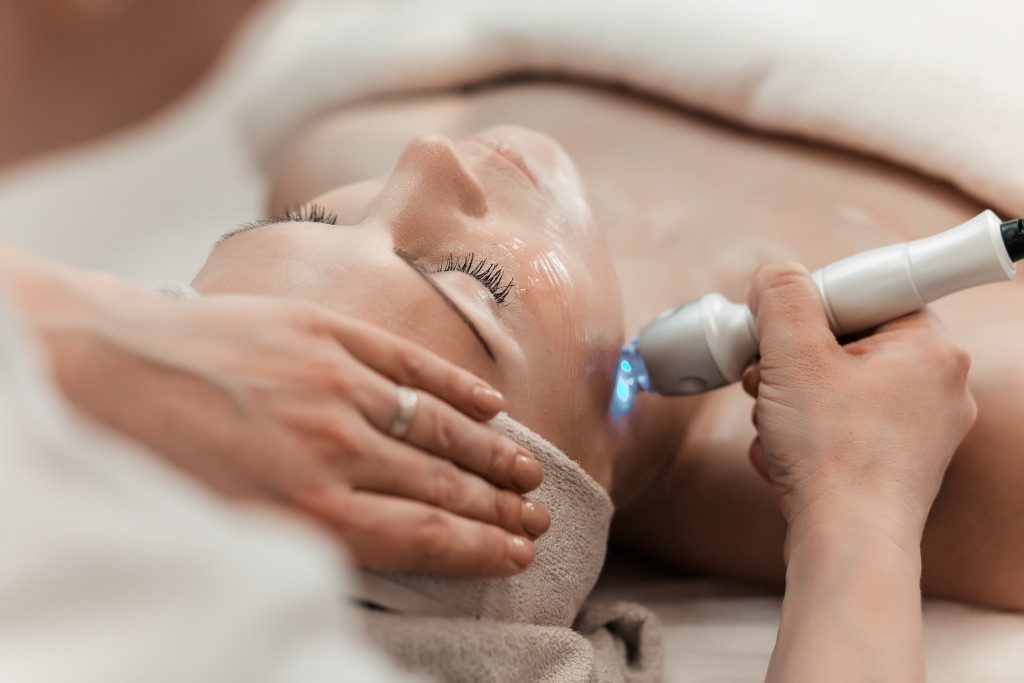One of the most visible benefits of collagen is firm and young looking skin. Collagen protein molecules are strong and flexible. They provide structure and elasticity to your joints, connective tissues, muscle tissues, and skin.
Unfortunately, collagen production slows down when you reach mid-to-late 20s. Oxidative stress due to unhealthy lifestyle — smoking, exposure to UV rays and pollution — also accelerates collagen decline. This leads to premature wrinkles and saggy skin, joint problems, as well as fragile hair and nails.
Luckily, there are many ways to increase collagen in your body. You can consume collagen-rich food or get into supplements and treatments that help your body produce more collagen.
Collagen-boosting diet
To support collagen in your body, make the following a regular part of your diet:
-
Protein, Vitamin C, copper, and zinc for increased collagen production
-
Antioxidants to combat oxidative stress
-
Collagen-rich foods
Your body uses protein, vitamin C, zinc, and copper to produce collagen. So always eat protein-rich food, like meat, fish, egg whites, beans, nuts, and leafy greens. Grains like quinoa, black rice, and oats also have protein. Liver, oysters, spirulina, and shiitake mushrooms are sources of copper. Legumes, shellfish, and seeds have zinc. Vitamin C-rich food include guava and citrus fruits, like dalandan and grapefruit.
Sip bone broth and include chicken, fish, and shellfish in your meals. These are collagen-rich food products. But don’t just eat the meat. The chicken’s neck and cartilage, and the fish’s scales, eyeballs, and bony parts, are where you can get the most collagen.
Lastly, load up on antioxidants, which help fight oxidative stress, a major source of collagen depletion. All kinds of berries, carrots, sweet potato, and moringa are great antioxidants.
Collagen supplements
Studies show that oral supplementation of collagen improve skin elasticity and moisture. Collagen supplementation also help increase muscle mass and improve joint health.
These supplements can come in the form of powder, tablets, gels, or syrup. Bone broth powder and fish peptide gel capsules are some examples. Since there are different types of collagen, make sure you choose the right collagen type supplement for your intended purpose.
Also, be careful to select a brand that is Food and Drug Administration-approved. One with few simple ingredients is also better than a complicated list.
In-Clinic Treatment
In-clinic treatments can also stimulate collagen production for skin rejuvenation.
Thermage radiofrequency treatment is gaining popularity in the Philippines and celebrities like Iza Calzado, Anne Curtis, and Claudine Barreto claim to have experienced the benefits of this treatment. Thermage tightens and contours skin using radiofrequency. Only one session is required to see results that can last up to 24 months.
Laser therapy also smoothens skin by stimulating collagen production. To see significant results, you need to go through six sessions over the course of several months.
No one can stop the natural decline of collagen production as one ages, but with some help from food, supplements, and the latest treatments, you can help increase the presence of this essential protein that promotes skin and overall body health.


